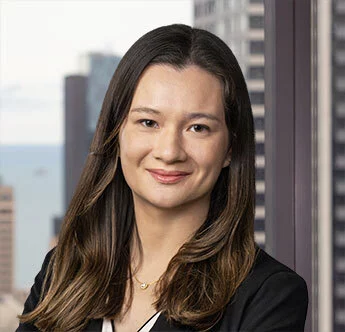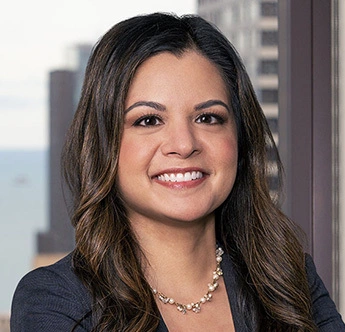Overview
In the 19th century, the debt instruments of states and local political subdivisions were generally purchased on the strength of the issuer's reputation, sometimes with an opinion of the issuer's local counsel regarding validity. These opinions were not always reliable, and litigation over whether such municipal questions were constitutional, statutory debt limitations, public purpose and requirements for electorate approval spawned judicial determinations that obligations were invalid for failure to meet some or all of the provisions of applicable law.
As investors discovered — often the hard way — municipal corporations borrowed under significant restrictions not applicable to private corporations, it became increasingly difficult for municipal borrowers to raise necessary capital on reasonable terms.
Bond purchasers began to require an opinion on bond validity from lawyers who were independent of the bond issuer, with the expectation that such lawyers would be objective and would possess sufficient judgment to assure the validity of the bonds. By the early 1900s the use of bond opinions had become well established. A century later, bond counsel are still lawyers who are expected to be independent and objective, but the practice has gone beyond bond validity to other subjects, especially the tax treatment of interest on bonds.
Bond lawyers review relevant law and the purposes for which obligations are to be issued, prepare or review major financing documents and the pertinent proceedings to be had by the governing body of the issuer, draft closing documents and certificates, attend drafting sessions and other conferences with clients, and deliver approving legal opinions, which have come to be viewed as a necessary prerequisite to the issuance of municipal obligations.
Concentrations
People
Attorneys
- Partner
- Partner
- Partner
- Partner
- Partner
- Partner
- Partner
- Partner
- Partner
- Partner
- Partner
- Associate
- Of Counsel
- Senior Counsel
- Partner
- Partner
- Senior Counsel
- Partner
- Partner
- Partner
- Partner























